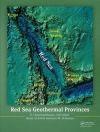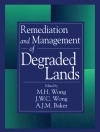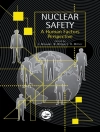The most powerful earthquake in 40 years occurred on 26th December 2004 off the west coast of Sumatra, Indonesia. The tsunami it generated turned into one of the worst known natural disasters when walls of water crashed across the Indian Ocean, causing waves to reach Somalia in Africa. The death toll, mainly in Indonesia and Sri Lanka, exceeded 200, 000. Nine months later, hurricane Katrina devastated the southern coast of USA along the Gulf coast. Winds reached 281 kilometers per hour and the storm surge of over nine meters was the highest recorded in the United States. It brought destruction to New Orleans when portions of the 563 kilometers of levees surrounding the city were suddenly breached. Nearly 1700 people died and damages are currently estimated at $100 billion, the costliest natural disaster in the United States. Within days hurricane Rita, another maximum category hurricane, struck the same coastal region damaging Texas and other states, followed soon aft- wards by hurricane Wilma. Then on October 8th 2005 an earthquake in Kashmir, part of northern Pakistan and India, killed 75, 000 inhabitants when innumerable buildings collapsed. Simultaneously, hurricane Stan led to costly landslides and more than 2000 deaths in Central America. To highlight the major catastrophes of nature during the previous decade, Cyclone Gorky and its storm surge caused 139, 000 deaths in coastal Bangladesh during 1991.
Innehållsförteckning
Univariate Extreme Value theory.- Multivariate Extreme Value theory.- Bivariate Analysis Via Copulas.- Multivariate Analysis Via Copulas.- Extreme Value Analysis Via Copulas.












